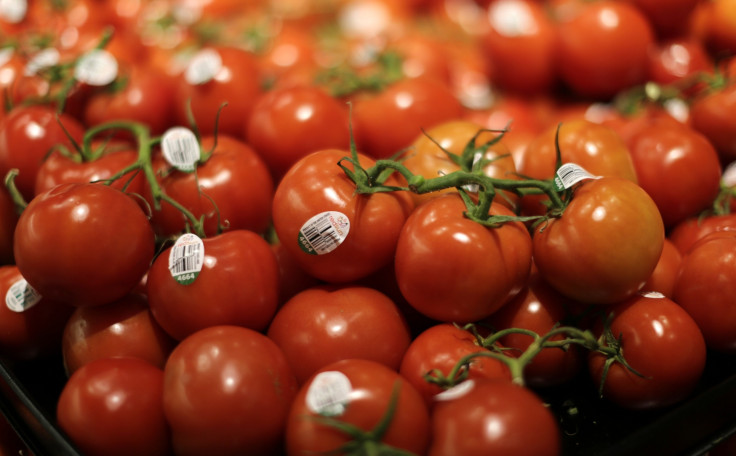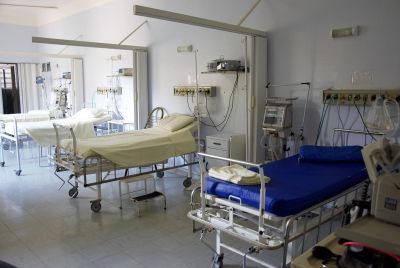Folic acid found to reduce risk of stroke and heart attack

Folic acid taken along with hypertension medication significantly reduced risk of first stroke in a large study done in China.
For more than 20,000 adult participants with high blood pressure but without a history of stroke or heart attack, the combined use of enalapril and folic acid, compared with enalapril alone, significantly reduced the risk of first stroke
The study is to be published in JAMA.
However, the efficacy of folic acid in primary prevention (prior to a first episode) remains uncertain due to limited and inconsistent data.
This is important because about 77% of strokes are first events.
Yong Huo, MD, of Peking University First Hospital, Beijing, China, and colleagues randomly assigned the 20,702 adults to receive daily treatment with a single-pill combination containing enalapril (10 mg) and folic acid (0.8 mg), or a tablet containing enalapril alone (10 mg).
The trial was conducted over a four-year period starting May 2008 across 32 communities in Jiangsu and Anhui provinces in China.
Participants were tested for gene variations that may affect folate levels.
First stroke occurred in 282 participants (2.7%) in the enalapril-folic acid group compared with 355 participants (3.4%) in the enalapril group, representing an absolute stroke risk reduction of 0.7% and a relative risk reduction of 21%.
Analyses also showed significant reductions among participants in the enalapril-folic acid group in the risk of ischemic stroke (2.2% vs 2.8%) and composite cardiovascular events (cardiovascular death, heart attack and stroke) (3.1% vs 3.9%).
There was no significant difference between groups in the risk of haemorrhagic stroke, heart attack, or all-cause death, or in the frequencies of adverse events.
The authors are convinced that baseline folate level is an important determinant of efficacy of folic acid therapy in stroke prevention.
"In this population without folic acid fortification, we clearly showed that the beneficial effect appeared to be more pronounced in participants with lower folate levels."
They advocate targeted folic acid therapy even in countries with folic acid fortification and widespread use of folic acid supplements such as in the US and Canada, in particular, among those with the TT genotype and low or moderate folate levels.
Stroke and death
Stroke is the leading cause of death in China and the second leading cause of death in the world.
Folic acid is used for preventing and treating low blood levels of folate (folate deficiency), as well as its complications, including "tired blood" (anaemia) and the inability of the bowel to absorb nutrients properly.
Folic acid is also used for other conditions commonly associated with folate deficiency, including ulcerative colitis, liver disease, alcoholism and kidney dialysis.
However, there is also some concern that taking too much folic acid for a long period of time might cause serious side effects. Some research suggests that taking folic acid in doses of 800-1,200 mcg might increase the risk of heart attack in people who have heart problems.
Foods that are naturally high in folate include leafy vegetables (such as spinach, broccoli, and lettuce), okra, asparagus, fruits (such as bananas, melons, and lemons) beans, yeast, mushrooms, meat (such as beef liver and kidney), orange juice and tomato juice.
© Copyright IBTimes 2025. All rights reserved.





















